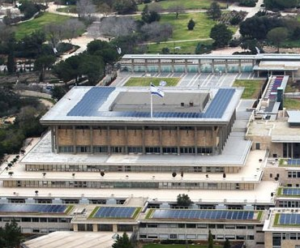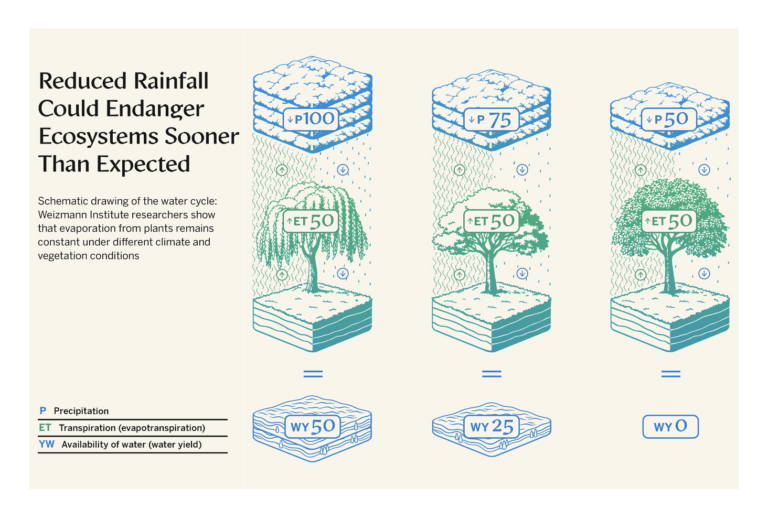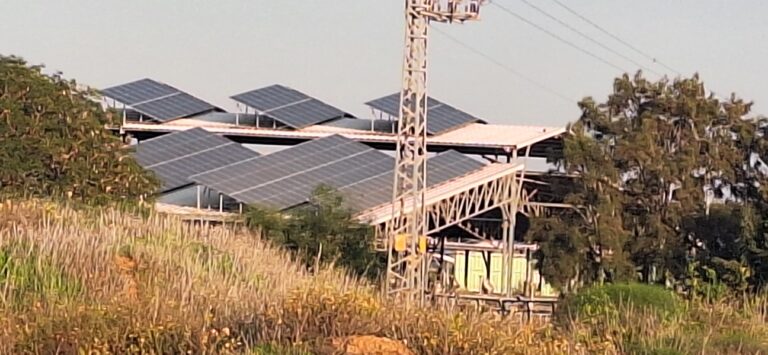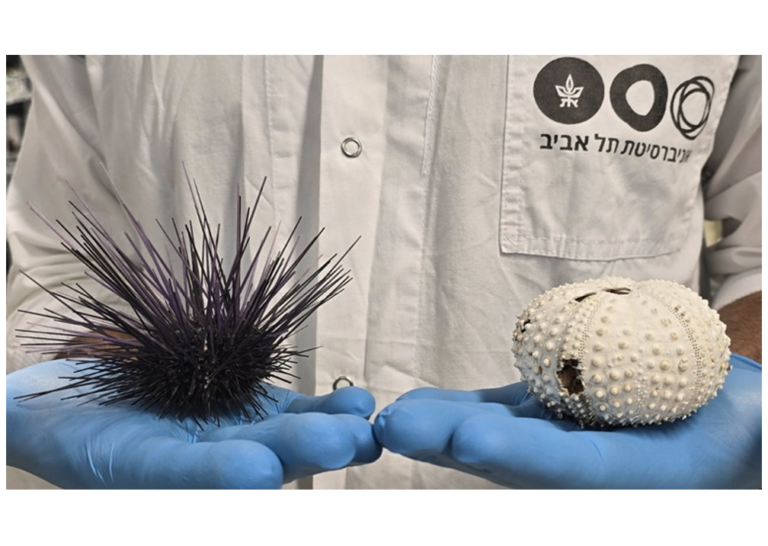Knesset : Le parlement israélien veut être le plus écologique au monde

[:fr]Le projet de Parlement vert présenté par Yuli Edelstein, président de la Knesset (parlement israélien), se déroulera sur deux ans. Ses ambitions : une plus grande maîtrise de l’empreinte environnementale et de sérieuses économies d’énergie. La première phase du projet comprend :
• la construction d’un champ solaire de 4500 mètres carrés pour la production d’électricité grâce aux énergies renouvelables
• le remplacement de centaines d’ampoules par des ampoules LED
• le remplacement des systèmes de climatisation par un centre de l’énergie
• l’arrêt automatique de tous les ordinateurs à la fin de la journée de travail
• le contrôle de la quantité d’eau utilisée pour l’irrigation à la Knesset et l’adoption d’un modèle de consommation d’eau plus économique
• le dessalement de l’eau provenant des systèmes de climatisation de la Knesset et sa réutilisation pour l’irrigation, entre autres.
• la mise en œuvre de systèmes de stockage de l’énergie.
Selon Ronen Plott, directeur général de la Knesset : « Ce projet pluriannuel vise à transformer la Knesset en un parlement guidé par des principes interdisciplinaires de développement durable intégrant les aspects environnementaux, sociétaux et économiques ».
Ce plan est évalué environ 1 500 000 € (7 millions de shekels) amortis grâce aux économies d’énergies.[:en]The goal of the multi-year « Green Knesset » project, launched on January 1, 2014, is to convert the Knesset into a legislature that is guided by the concept of sustainability. Upon completion, the Knesset will be the greenest parliament in the world.
The multi-year « Green Knesset » project, spearheaded by Knesset Director-General Ronen Plott, aims to convert the Knesset into a legislature that is guided by the concept of sustainability – a multi-dimensional and interdisciplinary concept which examines our lives, as a whole, in terms of the environment, society and the economy.
Many will contribute to this endeavor: Members of Knesset, Knesset employees, the Knesset’s Green Forum, environmental and social organizations, as well as all the citizens of Israel, who have the right to express their opinion on how the Knesset is run.
The project will consist of numerous activities, including educating MKs and Knesset employees on sustainability, publishing position papers on the issue, launching projects that will make the Knesset a more sustainable place and, finally, making the everyday operational activities in the Knesset more sustainable as well.
In early 2014 the Knesset will launch the first phase of the project, which will be implemented throughout 2014 and 2015. This phase will be characterized mainly by 12 projects focusing on energy and water.
Among other things, this phase will include:
• The construction of a 4,500 square meter solar field for the production of electricity from renewable energy;
• Replacing hundreds of bulbs with LED bulbs;
• Replacing the air-conditioning systems with an energy center;
• Automatically shutting down all of the computers at the end of the workday;
• Measuring the amount of water used for irrigation in the Knesset and adopting a more economical water consumption model;
• The desalination of water from the Knesset’s air-conditioning systems and using this water for irrigation and other purposes.
Some NIS 7 million will be invested in the projects that will be implemented in 2014-2015. The Knesset examined the financial viability of all of the projects and found that they will return the investment within about 5 years, on average. Moreover, the saving of energy will reduce the level of carbon emissions from the Knesset and thus make the Knesset’s ecological footprint smaller. The yearly savings are estimated at NIS 1 million. This sum will be transferred to the « Green Fund, » which will be designated for the continuation of the « Green Knesset » project, as well as for the benefit of the employees.
Environmental Protection Minister Amir Peretz: « At a time when my office is leading an environmental revolution in industry and in the residents’ homes, the symbol of the country must become a leading element in the green revolution, because it is the Knesset’s duty to protect the next generations, and protecting the environment is the way to do it. »
National Infrastructure, Energy, and Water Minister Silvan Shalom: « The Green Knesset project will be a source of pride for Israel and will inspire other countries. Encouraging energy efficiency, saving electricity and advancing the use of natural gas and renewable energy will reduce pollution, preserve the environment and save a lot of money. »
Upon completion of the project, the Knesset will be the greenest parliament in the world
[:]







